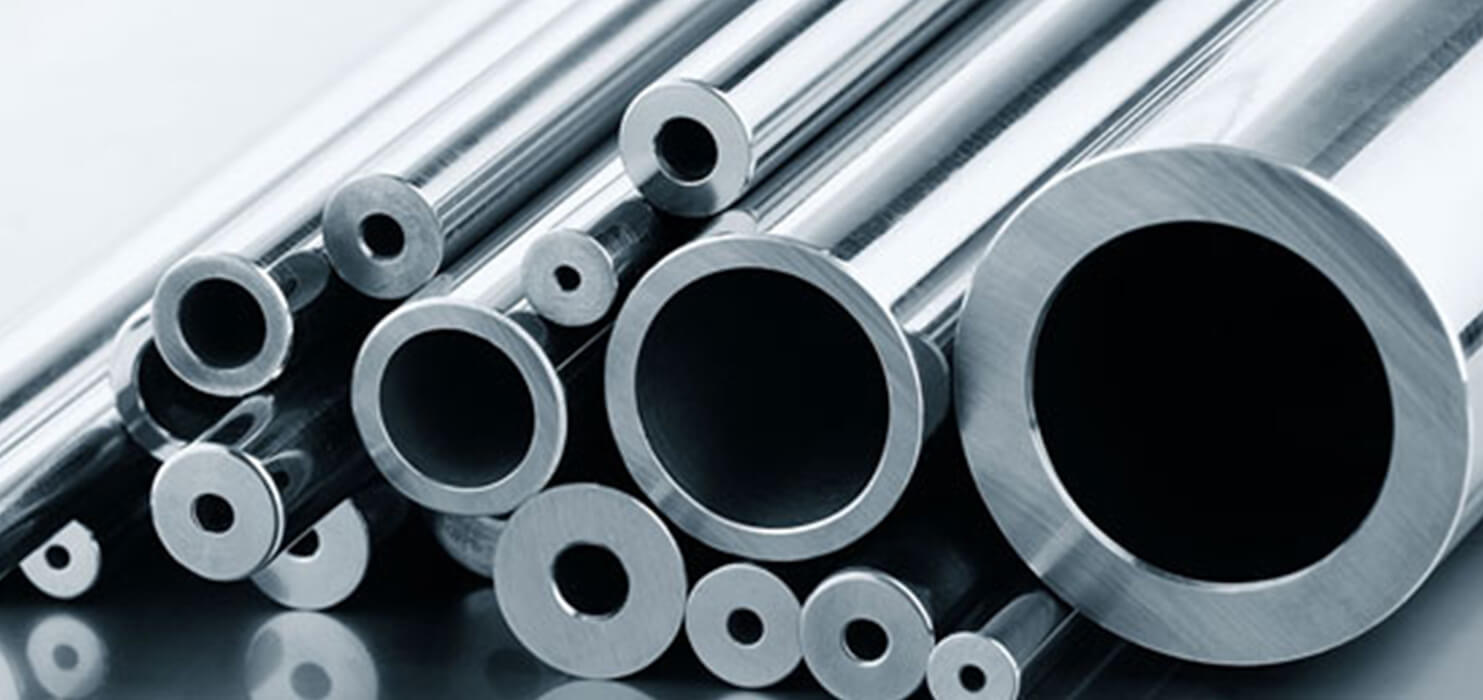
Alloy steel is mixed with a number of alloying elements such as silicon, chromium, molybdenum, boron, vanadium, nickel, aluminum, etc. These alloying elements increase the strength, toughness, hardness, and wear resistance of the alloy steel. Some of the alloying elements and their effects are shown below.
Alloy Steel Pipe is used in applications which require moderate corrosion resistance properties with good durability and at an economical cost. To simply put it, alloy pipes are preferred in those areas where carbon steel pipes may fail.
Alloy steel is the combination of steel with a number of elements to get unique characteristics and properties. It has two types based on the weight of elements used to form the alloy steel that ranges from 1% to 50%. The flowing will mention two groups of alloy steel.
if you ever have a concern, question or comment please contact us and we will be more than happy to assist you to answer all your questions.
Address :
Jl. K.H. Zaenal Mustafa No. 17
Jatinegara Jakarta Timur 13350
Phone : 62 21 8561234 ( Hunting )
Fax : 62 21 8513109
E mail : info@fintubes.co.id